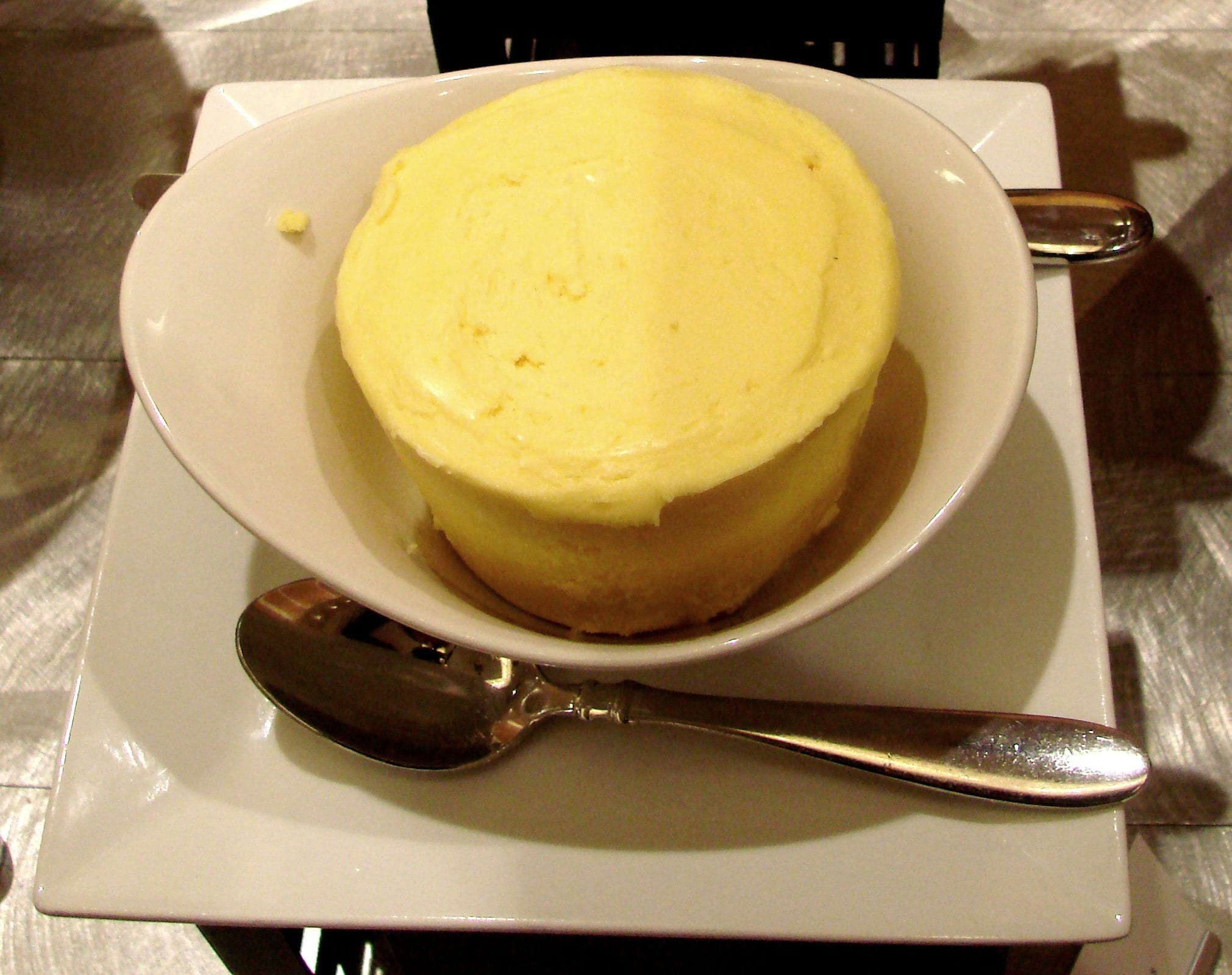 |
Ridiculous, but true: The FDA is telling us that it can ban raw butter in interstate commerce under its power to regulate communicable disease.
You see, way back in 1987 the FDA lumped butter into a court-ordered ban in a case that only involved fluid dairy like milk and cream; the case had nothing to do with butter!
Why is this ban silly?
- Raw butter has the safest record of any dairy product and has not been proven to cause any food borne illness.
- The law doesn’t allow the FDA to take this action.
If we don’t challenge this ban, FDA will continue to increase their power and interfere with our freedom of choice, all in the name of regulating communicable disease.
Excuse me—I’m not helpless. I can regulate my own household and make sure my family doesn’t get sick.
We hope you’ll take action now and help us win this battle!
Here’s what you can do:
1. Donate! 
2. If you aren’t already a member, join us!
3. Share this post!
On June 22 Mark McAfee, the president of Organic Pastures Dairy Company (OPDC), and the Farm-to-Consumer Legal Defense Fund submitted a Citizen Petition (see cited references) to FDA requesting that the agency lift the interstate ban on raw butter; McAfee has withdrawn an earlier petition he filed in March 2015 making the same request.1,2
The ban has been in place since 1987 when FDA issued a regulation in response to a court order (Congress, the people’s branch, had no say in instituting the ban). The case1 leading to the ban, interestingly, was never about manufactured dairy products such as butter and cheese but was only concerned with fluid dairy products such as milk and cream.
FDA has banned raw butter and all other raw dairy products (except aged raw cheese) under power given the agency by the Public Health Service Act (PHSA) to regulate communicable disease. FDA’s assertion of this power in banning raw butter is dubious for two reasons: first, the ban violates the Federal Food and Drug Cosmetic Act (FFDCA); and second, FDA is trying to prohibit a food in interstate commerce that has little or no record of making anyone sick.
FDA’s butter ban is illegal according to a statute in the FFDCA that governs standards of identity for food.3 Standards of identity are requirements prescribing what a food product must contain to be marketed under a certain name in interstate commerce. For instance, the standard of identity for milk in final package form requires that it be pasteurized or ultrapasteurized and that it contain not less than 8-1/4 percent non-fat milk solids and not less than 3-1/4 percent milkfat.4,5 FDA’s long-held position is that the pasteurization requirement can be part of the standard of identity. Standards of identity are intended to promote honesty and fair dealing for the benefit of consumers.
Congress has given FDA power to issue regulations establishing standard of identity requirements for most foods, but there are exceptions and one of those is butter. The FFDCA specifically prohibits FDA from establishing a standard of identity for butter;6 Congress has passed a law defining butter that serves as a standard of identity for the product.7 That definition does not require butter to be pasteurized. The petition asks FDA to obey the law and abide by the statutory standard of identity for butter.
FDA is, in effect, claiming that its power to regulate communicable disease justifies its violation of the standard of identity law. The PHSA provides that:
The Surgeon General, with the approval of the Secretary [of Health and Human Services], is authorized to make and enforce such regulations as are necessary to prevent the introduction, transmission, or spread of communicable diseases from foreign countries into the states or possessions, or from one state or possession into any other state or possession. For the purposes of carrying out and enforcing such regulations, the Surgeon General may provide for such inspection, fumigation, disinfection, sanitation, pest extermination, destruction of animals or articles found to be so infected or contaminated as to be sources of dangerous infection to human beings, and other measures, as in his judgment may be necessary.8
That this power authorizes FDA to ban raw butter is definitely a stretch. The Citizen Petition notes that since the Centers for Disease Control (CDC) created the Foodborne Outbreak Online Database in 1998, not even one foodborne illness outbreak has been attributed to the consumption of commercially produced raw butter.9 There was one 2007 outbreak in Utah where what appears to be homemade butter is listed as a possible cause as are raw milk and homemade soft raw cheese;10 given raw butter’s history of not being responsible for foodborne illness, it is more likely that either the milk or cheese was the cause of the illnesses. OPDC has sold over 2 million pounds of raw butter since 2001 without a single case of foodborne illness being linked to such sales.11
So where is the communicable disease threat with raw butter? How can FDA ban a food responsible for few, if any, cases of foodborne illness?
FDA is getting lots of mileage out of its power to regulate communicable disease; the agency claims that the PHSA enables it to impose federal Current Good Manufacturing Practices (CGMP) requirements on food businesses operating exclusively in intrastate commerce. According to FDA, its power to regulate communicable disease gives it authority to impose requirements for the following: “plants and grounds; sanitary facilities, controls and operations; equipment and utensils; warehousing and distribution; and natural or avoidable defect levels.”12 FDA has indicated that there is no exemption from the CGMP mandates for a business operating only in intrastate commerce.
There is nothing in any section of the PHSA—nor in its legislative history—indicating the FDA has authority to inspect an intrastate food business when there is no credible evidence that the business is producing food under unsanitary conditions or is responsible for a foodborne illness outbreak, but FDA is carrying on like there are no limitations to its powers to regulate communicable disease.
Is it farfetched to think that FDA can regulate private kitchens, pantries, refrigerators and freezers in the name of regulating communicable disease? Sure, but it was farfetched, at one time, to think that FDA could ban a food in interstate commerce that makes few, if any, people sick—while violating a law it was charged with enforcing.
Congratulations to attorney and FTCLDF board member Judith McGeary and microbiologist Peg Coleman for their work on the petition. Updates on the Citizen Petition to lift the interstate raw butter ban will be posted as developments warrant.
Footnotes
1 Public Citizen v. Heckler 653 F. Supp. 1229
2 Citizen Petition to Lift Interstate Ban on Raw Butter, p. 5
3 21 USC 341
4 21 CFR 131.110
5 Petition, p. 8
6 21 USC 341, “No definition and standard of identity and no standard of quality shall be established for fresh or dried fruits, fresh or dried vegetables, or butter, except that definitions and standards of identity may be established for avocadoes, cantaloupes, citrus fruits, and melons.”
7 21 USC 321a, “For the purposes of the Food and Drug Act of June 30, 1906 (Thirty-fourth Statutes at Large, page 768) “butter” shall be understood to mean the food product usually known as butter, and which is made exclusively from milk or cream, or both, with or without common salt, and with or without additional coloring matter, and containing not less than 80 per centum by weight of milk fat, all tolerances having been allowed for.”
8 42 USC 264(a)
9 Petition, p. 9
10 Petition, p.10
11 Petition, p. 11
12 78 FR 3646, 3651
YOUR FUND AT WORK
 Services provided by FTCLDF go beyond legal representation for members in court cases.
Services provided by FTCLDF go beyond legal representation for members in court cases.
Educational and policy work also provide an avenue for FTCLDF to build grassroots activism to create the most favorable regulatory climate possible. In addition to advising on bill language, FTCLDF supports favorable legislation via action alerts, social media outreach, and the online petition service.
You can help FTCLDF by becoming a member or donating today.

 Anyone wanting to make a contribution to support the work of FTCLDF can make a donation online or send a check to:
Anyone wanting to make a contribution to support the work of FTCLDF can make a donation online or send a check to:
FTCLDF
8116 Arlington Blvd, # 263
Falls Church, VA 22042
Prefer to make a tax-deductible donation? Donate online at bit.ly/NFG4FTC.
You may also contact us by email at [email protected] or call 703-208-FARM (3276). Thanks for your support.